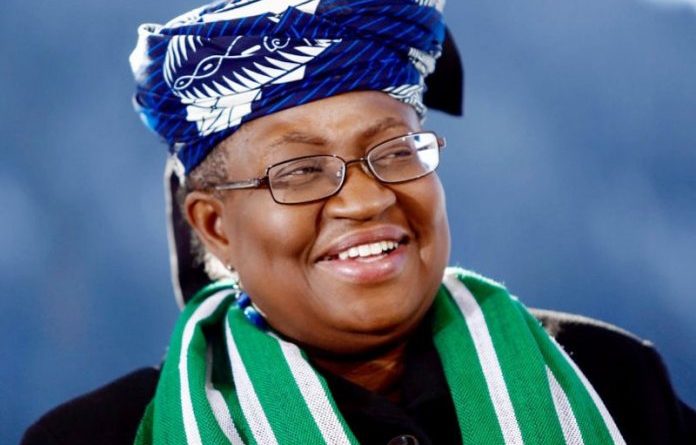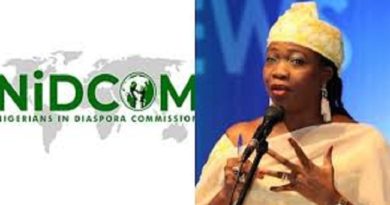Okonjo-Iweala Proffers Ebola Lessons To Overcome COVID-19
The Former Minister of Finance and Coordinating Minister for the Economy, Dr. Ngozi Okonjo-Iweala, has recommended that countries should use the lessons learnt during the fight against Ebola to overcome the current COVID-19 pandemic.
She cautioned that the trajectory of COVID-19 might be less advanced in many of the world’s poorest countries.
“We must not fool ourselves that a warmer climate or a younger demographic profile will blunt its impact.
“The potential for death and disruption is even more pronounced than in the richer countries where the virus has hit hardest,” Okonjo-Iweala, who is the Chair of GAVI, the Vaccine Alliance, warned in an article titled, “Why vaccines are the only real solution to pandemics.”
According to her, it’s important to use the lessons learnt fighting Ebola to overcome COVID-19, noting that social distancing would slow the spread of COVID-19, but would not win the war.
“Our best hope lies in finding a vaccine. While there may be 41 candidates of varying promise in the pipeline, we must learn from past mistakes,” she said.
She explained that the period must be used to bolster and prepare weaker health systems, while the development and global distribution of a vaccine should be the world’s highest priority.
“The Democratic Republic of Congo (DRC) will soon pass a milestone marking its success in the fight against Ebola.
“As Africa braces for COVID-19, one lesson from the DRC is that the best hope for defeating the Coronavirus is not social distancing, but a vaccine that is distributed equitably,” she added.
She noted that on April 12, the Democratic Republic of Congo would mark 42 days since the last person who tested positive for Ebola was discharged from the hospital.
“The date is a significant milestone. It refers to twice the maximum incubation period – 21 days – of the virus, which is what the World Health Organisation stipulates when an outbreak is over. If all goes well, it will be a remarkable turnaround for the DRC and a testament to the bravery and dedication of health workers, some of whom lost their lives treating the sick.
“The DRC’s success in combating Ebola was overshadowed by the fact that during that fight, approximately twice as many people died from a preventable measles outbreak. One essential lesson for policymakers grappling with the greatest global health crisis in a century is that they must do everything in their power to prevent overstretched health systems from battling two epidemics simultaneously,” she stated.
The former minister said bloodshed and fighting during a brutal civil war exacerbated the challenge facing the DRC as it fought the Ebola and measles outbreaks, noting that the country experienced profound difficulties immunising its population against entirely preventable diseases.
She added that weathering two significant health threats simultaneously “has shown us how to prevent this nightmare scenario.”
“Our first priority is to maintain existing immunisation programmes,” adding that “for measles, polio, or any other disease for which a low-cost vaccine is routinely available, it is critical that herd immunity is maintained in order to prevent any unnecessary drain on scarce health-care resources.”
She explained that the next step is to bolster preparedness, adding that “a number of organisations, including Gavi, the Vaccine Alliance (of which I am chair), have made funds available – $200-$300 million in Gavi’s case – to help the world’s poorest health systems step up surveillance activities, invest in testing, procure protective equipment, and train health workers.”




